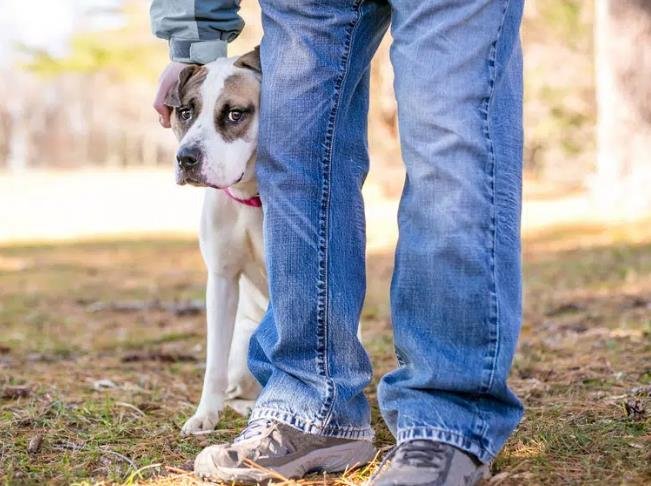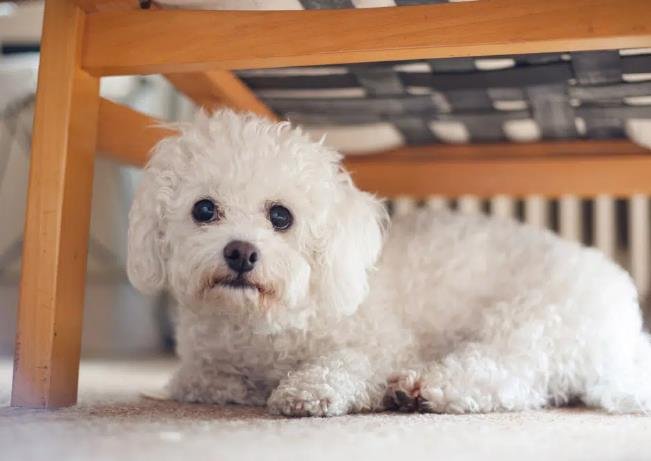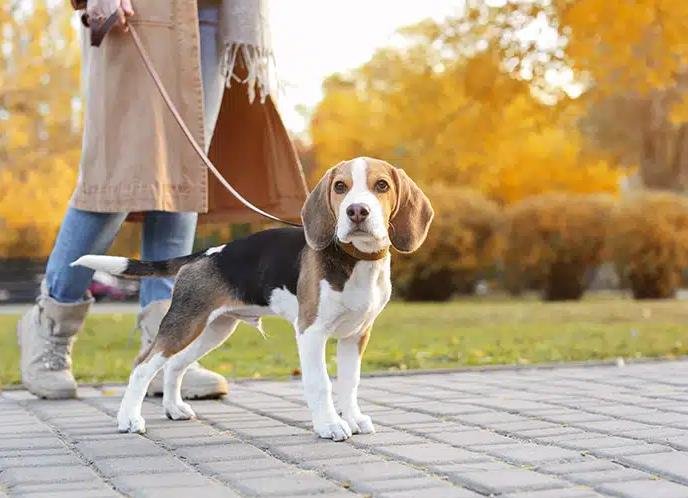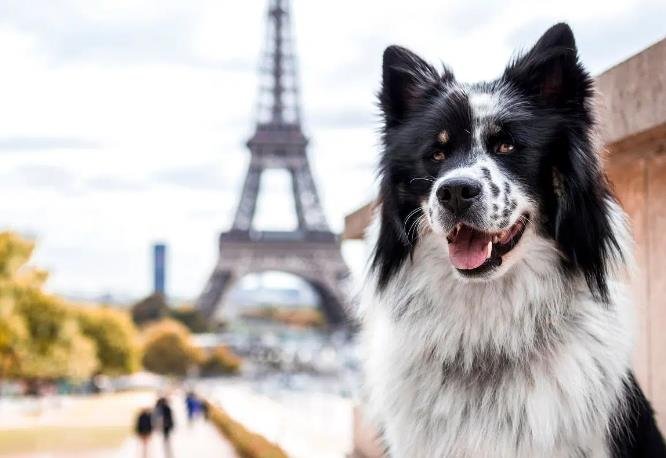Wondering if your pup prefers quiet nights over rowdy playdates? Just like humans, dogs have distinct personalities—some thrive in crowds, while others recharge in solitude. If your furry friend leans toward the quiet side, these vet-backed clues will help you decode their introverted nature and create a happier life together.
🐾 1. Meltdowns in New Situations
That first trip to the farmers’ market? Pure overwhelm. Introverted pups might:
- Press ears flat or tuck their tail like an umbrella in a storm
- Glue themselves to your legs (think canine Velcro!)
- Shake or pant excessively
Why it happens: Genetics play a role, but past trauma or poor puppy socialization amps up the fear. Rescue dogs often carry invisible baggage.

⏰ 2. Routine = Security Blanket
Your dog’s internal clock is sharper than your smartphone alarm. They:
- Get antsy if dinner’s 15 minutes late
- Prefer walks at exactly 7 AM, rain or shine
- Panic during schedule changes (hello, daylight savings!)
Pro tip: Post a weekly schedule on the fridge. Predictability = peace for introvert pups.
👥 3. Crowds? Hard Pass.
Big gatherings turn them into tiny statues. Watch for:
- Hiding under chairs at BBQs
- Refusing to walk past busy playgrounds
- Whale eye (that “side-eye” look) around strangers
Fix: Bring a pop-up tent to outings—their instant “safe cave”.
🧲 4. Velcro Dog Syndrome
Shadowing you isn’t just loyalty—it’s introvert armor. They:
- Trail you to the bathroom (even at 3 AM)
- Panic if you close a door between you
- Ignore toys when you leave the room
But note: Clinginess could signal separation anxiety—rule it out with a vet.
🌳 5. Tuned-Out Walks
While other dogs sniff every bush, your introvert:
- Avoids eye contact with passing pups
- Ignores squirrels (gasp!)
- Stares straight ahead like a focused commuter
Secret: They’re not bored—they’re conserving energy like a phone on low-battery mode.
👀 6. Wallflower at Playtime
At the dog park, they’re the quiet observer:
- Sits outside the play circle like a bouncer
- Plays solo with sticks while others wrestle
- Leaves after 10 minutes (social battery drained!)
Fun fact: This “watch-first” approach is smart—they assess safety before joining.

🚪 7. Stranger Danger Mode
New visitors trigger:
- Slow retreats behind the couch
- Submissive peeing when greeted
- “Talkative” breeds going mute (Corgis, we see you!)
Help them: Teach guests the “two-minute rule”—ignore dog first, offer treats later.
😴 8. Social Hangovers
After a family gathering? Crashed. Hard.
- Deep-sleeping for hours post-event
- Skipping next meal (too drained to eat)
- Hiding in dark closets to recharge
Sound familiar? Yep—just like introverted humans after parties!
🛋️ 9. Solo Time Seekers
Your dog’s version of “I need me-time”:
- Napping alone in empty rooms
- Taking toys to quiet corners
- Avoiding petting when overstimulated
Respect it: Forced cuddles backfire. Let them come to you.
🔄 10. Routine Rebellion
Changed your work schedule? Brace for:
- Pacing or whining at “wrong” walk times
- Refusing meals if bowl appears early
- Destructive chewing when rhythms break
Science says: Structure lowers cortisol (stress hormone) in anxious dogs.
💡 Boosting Confidence: 5 Pro Tactics
- ”Win Box” Games
Hide treats in muffin tins covered with tennis balls. Sniffing = brain gains! - Calming Gear
Try Adaptil collars (mimics mom-dog pheromones) or thunder shirts for outings. - The “Look at That” Trick
Reward calm observation: “See that jogger? Good quiet looking!” → treat. - Novelty in Tiny Doses
Introduce new objects like a vacuum cleaner from 30 feet away. 5 minutes daily builds resilience. - Quiet Socializing
Pair introvert pups with ONE calm dog friend—not a rowdy pack.
⚠️ When to Call Pros:
If hiding lasts days or they stop eating, consult a veterinary behaviorist. Meds like fluoxetine can help extreme cases.
🌟 The Bigger Picture
Introversion isn’t a flaw—it’s a survival superpower! Studies show introverted dogs:
- Bond deeper with primary humans
- Excel at scent work (those focus skills!)
- Live longer due to lower stress risks
As one trainer told me: “Forced extroversion hurts. Let quiet dogs be magnificent listeners.” Your homebody hound isn’t broken—they’re beautifully tuned to thrive in calm.



